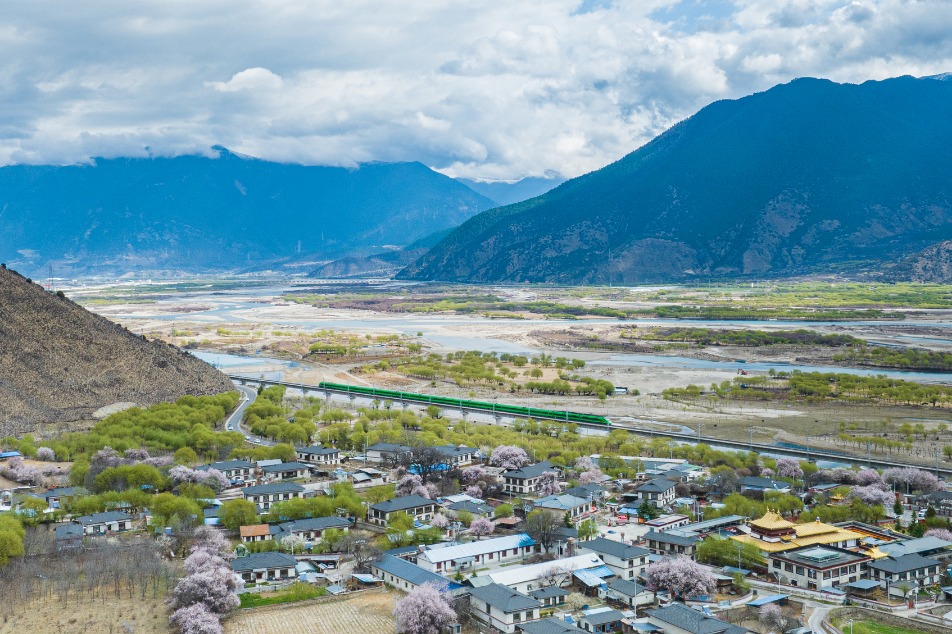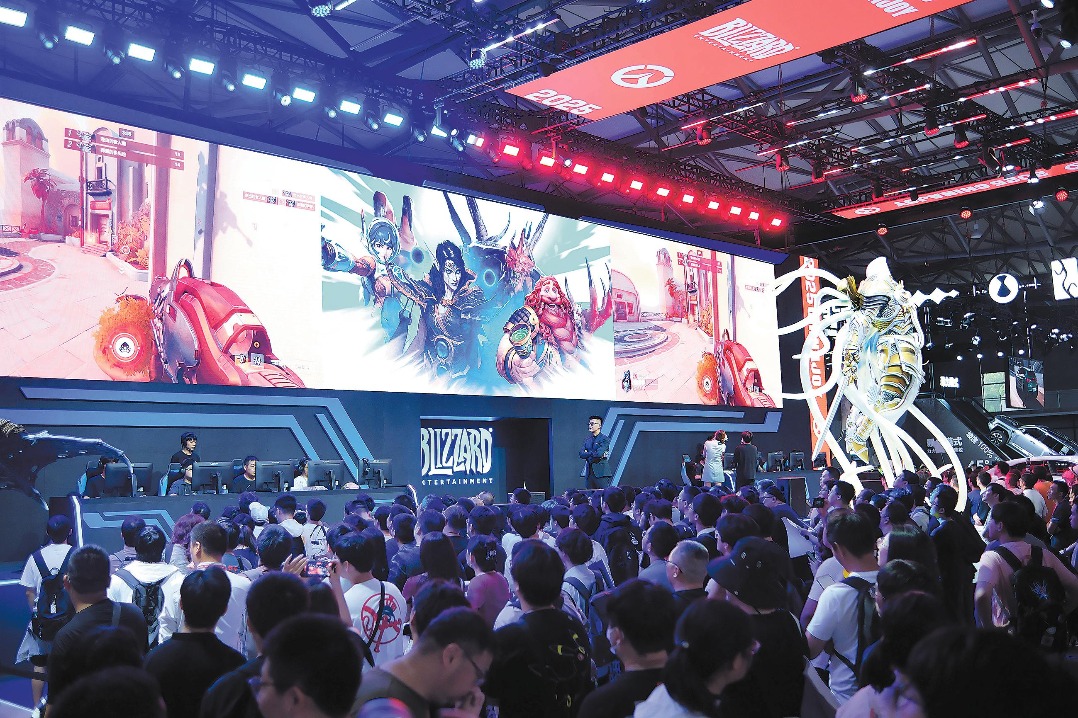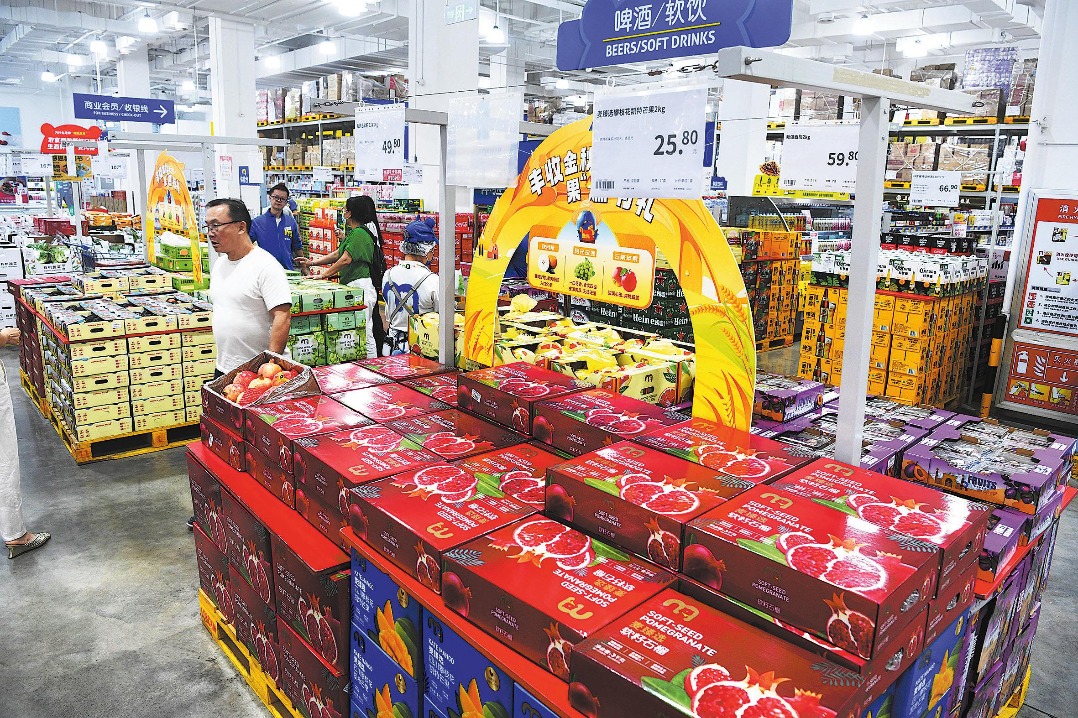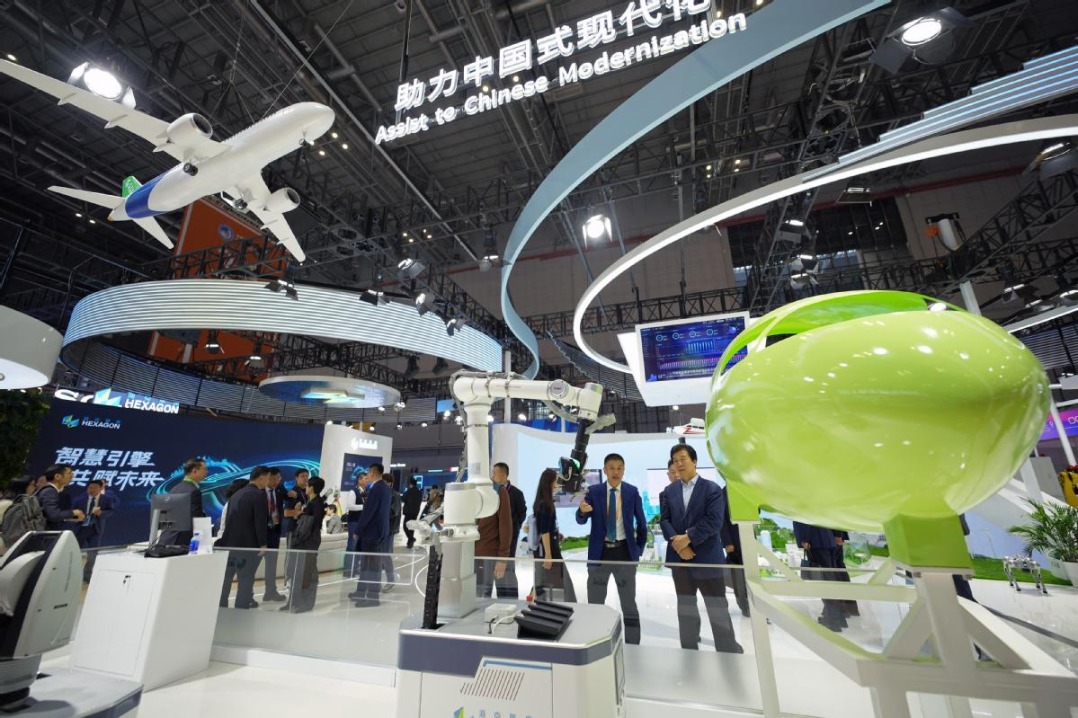Concerns aired over seafood from Japan

WELLINGTON — A scientist on nuclear issues has voiced concerns over the safety of Japanese seafood following the discharge of nuclear-contaminated water from the Fukushima Daiichi Nuclear Power Plant as New Zealand continues to import seafood from Japan.
"Unfortunately, we are at a point where the International Atomic Energy Agency's legal standards are not keeping up with advances in scientific knowledge, particularly in biology," Karly Burch, a sociology lecturer at the University of Auckland, told local media.
Despite public concerns and opposition both at home and abroad, Japan's Tokyo Electric Power Company, or TEPCO, released nuclear-contaminated wastewater from the crippled plant into the ocean.
Meanwhile, New Zealand imported fresh, frozen and preserved fish, fish fillets and other fish meat worth 3.7 million NZ dollars ($2.15 million) from Japan between August 2022 and August 2023, according to Stats NZ, the country's data agency.
TEPCO's nuclear wastewater contains much more than tritium, which has been regularly discharged from nuclear facilities, Burch said, citing recent research that found tritium's biological consequences might be greater than what dominant nuclear safety standards assume.
"Nuclear pollution is invisible, so without seeing food measurement data, it can be difficult to make decisions," the scientist said.
However, Vincent Arbuckle, deputy director-general of New Zealand Food Safety, said there are no changes to New Zealand's import requirements for Japanese seafood products, which are in accordance with the IAEA's advice that it is still safe to consume seafood from the Fukushima region.
Burch said different countries have different allowable limits for nuclear pollution in food, and that Japan's standard for nuclear pollution in general food is 100 becquerels per kilogram of radioactive cesium, whereas New Zealand's allowable limit for imports from Japan is 1,000 becquerels per kg of radioactive cesium.
Countries including China and South Korea have banned seafood imports either from entire Japan or some parts of Japan.
Xinhua
Today's Top News
- China exempts childcare subsidies from individual income tax
- Xi stresses building modern socialist new Xizang
- Xi arrives in Lhasa for celebrations of 60th founding anniversary of Xizang autonomous region
- Xi to review troop formations lining up along Chang'an Avenue during V-Day parade
- The great power game behind the Alaska summit
- Tariffs and the new geopolitics of the Amazon






























